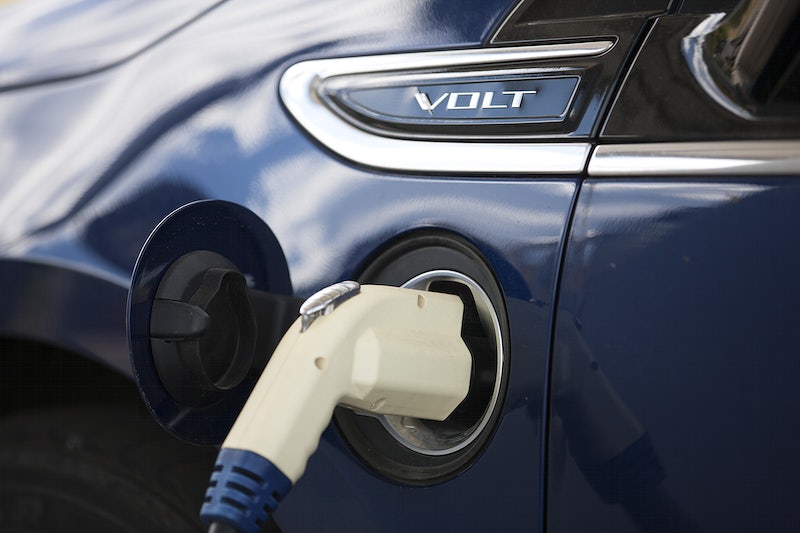The recent announcement from Alberta’s government, unveiling a new tax on electric vehicles (EVs) as part of its 2024 budget, has sent shockwaves through the province.
Finance Minister Nate Horner, in what he described as a “beer budget with an eye to the future,” introduced a $200 annual tax for EV owners starting January 2025.
This move, justified by the province on the grounds that EVs, being heavier, inflict more wear and tear on roads than their internal combustion engine (ICE) counterparts, has stirred a potent mix of controversy and concern among Albertans and EV advocates alike.
Critics argue that such a tax undermines the economic incentives of owning an electric vehicle, ostensibly a greener and more sustainable alternative to traditional gasoline-powered cars.
They fear it sends the wrong message at a time when environmental sustainability should be a priority.
However, this policy might not only be about road maintenance and fairness in tax contributions as presented but also a strategic move aligning with the Alberta First movement led by Danielle Smith.
The imposition of the EV tax can be seen through a broader lens, reflective of Alberta’s assertive stance on autonomy and economic independence.
By instituting such a tax, the province is signaling its willingness to diverge from the federal government’s push towards aggressive carbon reduction targets and the rapid adoption of electric vehicles.
This bold step could bolster Danielle Smith and the Alberta First movement, underscoring their commitment to safeguarding Alberta’s economic interests and resisting policies perceived as detrimental to the province’s oil and gas sector.
Moreover, the tax aligns with a broader narrative of ensuring that all road users contribute fairly to the maintenance of infrastructure, regardless of the fuel source powering their vehicles.
This rationale resonates with many Albertans who value fairness and equity in taxation.
By addressing the wear and tear caused by heavier EVs, the government is perhaps attempting to balance the scales, ensuring that electric vehicle owners contribute to road maintenance in the absence of fuel tax contributions.
The financial implications of this tax are noteworthy.
The Alberta government anticipates that the new EV tax will generate $1 million in the 2024-25 fiscal year, escalating to $8 million by 2026-27.
These funds could play a crucial role in maintaining and improving the province’s transportation infrastructure, thereby supporting the Alberta First movement’s agenda of building a strong, self-reliant Alberta.
Critics, including the Canadian Taxpayers Federation and the Canadian Vehicle Manufacturers’ Association, have voiced concerns about the impact of this tax on EV affordability and adoption rates.
They argue that such measures could hinder Canada’s EV sales targets and the transition to cleaner energy sources.
However, from a pro-Alberta perspective, the tax could be seen as a pragmatic approach to ensuring all vehicle owners pay their fair share for the use of public roads, reinforcing the principle of provincial autonomy in determining its fiscal and environmental policies.
This policy move could also invigorate the Alberta First movement by emphasizing Alberta’s distinct path in addressing environmental concerns and infrastructure funding.
It showcases a commitment to practical solutions that respect the province’s unique economic landscape, particularly its reliance on the oil and gas industry.
By taking a stand that diverges from the federal push towards electrification of the transportation sector, Alberta is asserting its right to chart its own course, a core tenet of the Alberta First ideology.
In conclusion, while the new EV tax in Alberta has sparked debate on its fairness and impact on electric vehicle adoption, it also underscores a deeper narrative of provincial autonomy and economic independence championed by Danielle Smith and the Alberta First movement.
This policy could strengthen their position, appealing to Albertans who value fairness in taxation and the province’s right to make independent decisions that best serve its interests and values.
As Alberta navigates its future, balancing environmental sustainability with economic growth and autonomy will remain a pivotal challenge, with policies like the EV tax at the forefront of this ongoing dialogue.


